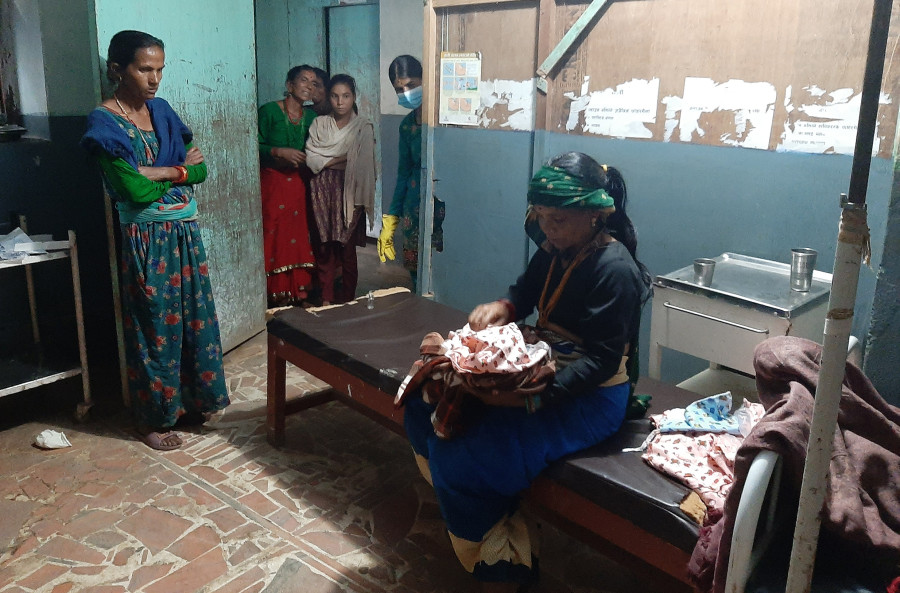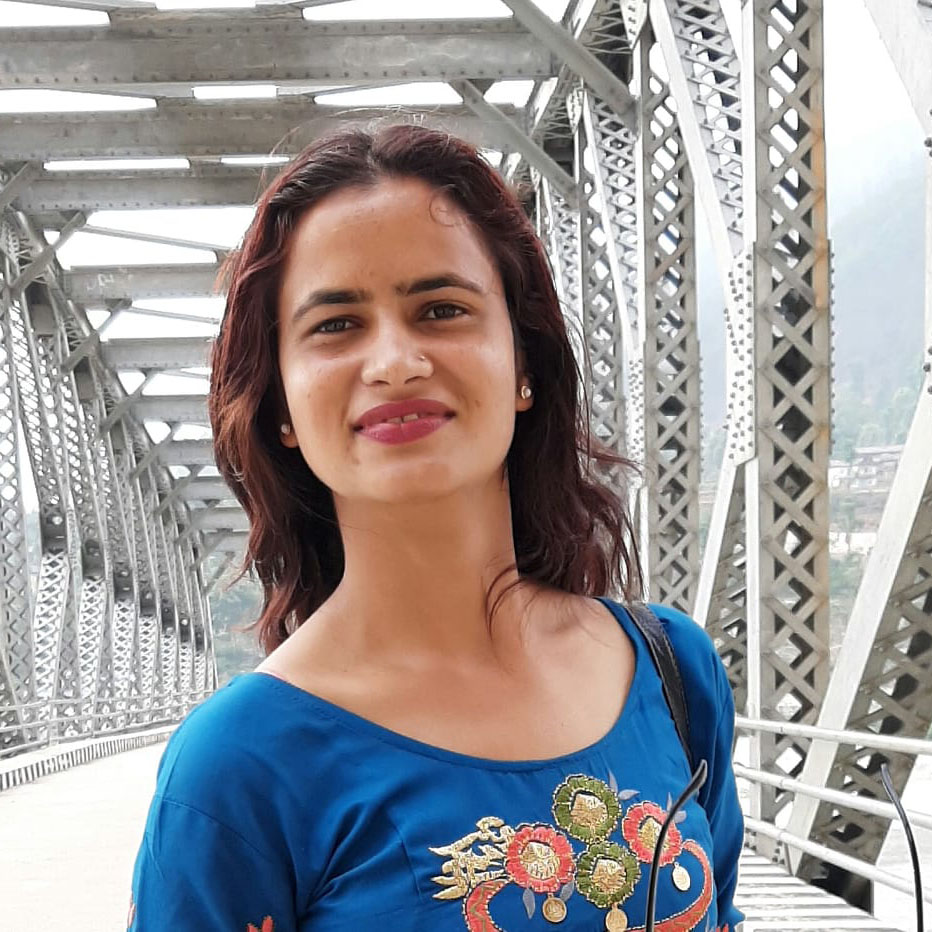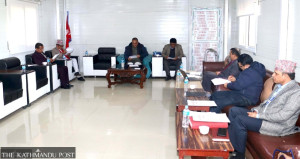Sudurpaschim Province
In Achham, postpartum mothers continue to face ostracism
While the district has introduced several safe motherhood programmes, they have largely been ineffective.
Menuka Dhungana
On Saturday, Kalpana Das, 21, from Sanphebagar-11, gave birth to her first child, a boy, at the Achham District Hospital, in Mangalsen, where she was admitted, alone. With her husband and in-laws away to India for work, Das had reached the district hospital on her own. With nobody from her family to take care of her post-childbirth, Das was left all on her own, with her own biological mother declining to touch her.
“Whenever I touch a postpartum woman, I get sick,” said Radha, Kalpana’s mother. “The gods get angry. I can only touch her on the ninth day of childbirth.”
According to the tradition she follows, touching a postpartum or menstruating woman is considered sacrilege.
“I felt more pain than I did during childbirth when my mother refused to touch me,” said Kalpana.
Maina Bhula, from Kamalabazar-5, went through a similar treatment after giving birth to her daughter. “Even though we can’t carry heavy things during this time, nobody comes to our help,” said Bhula.
Most of the women in Achham the Post talked to said that while they are aware of the precautions they need to adopt after giving birth, they couldn’t put them to practice because of the superstitions. “I know that postpartum mothers should not carry heavy objects for months after childbirth, but if I don’t do it, who else will?” a mother of four, who did not want to be named, said. “All the education and awareness I have received goes in vain when the people responsible don’t want to go by it.”
While Achham has introduced several safe motherhood programmes, they have largely been ineffective, the women said. According to data from Achham District Hospital, 25 percent of the women in the district give birth at home even as there are 65 ‘birthing centres’ in Achham.
“The number of women who deliver babies at home is relatively high in the rural areas of the district,” said Debu Dhungana, an office helper at the district hospital. “The condition of women is further worsened by the practice of untouchability after childbirth.”
“This further aggravates the women’s condition,” Dhungana added.




 11.12°C Kathmandu
11.12°C Kathmandu















